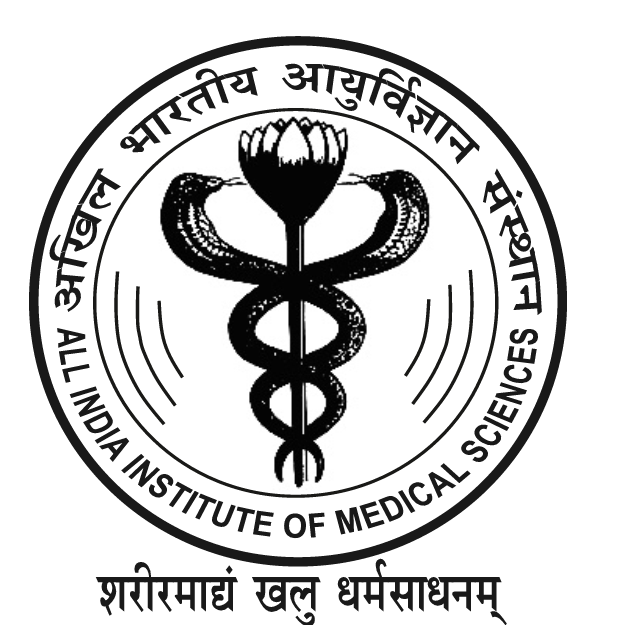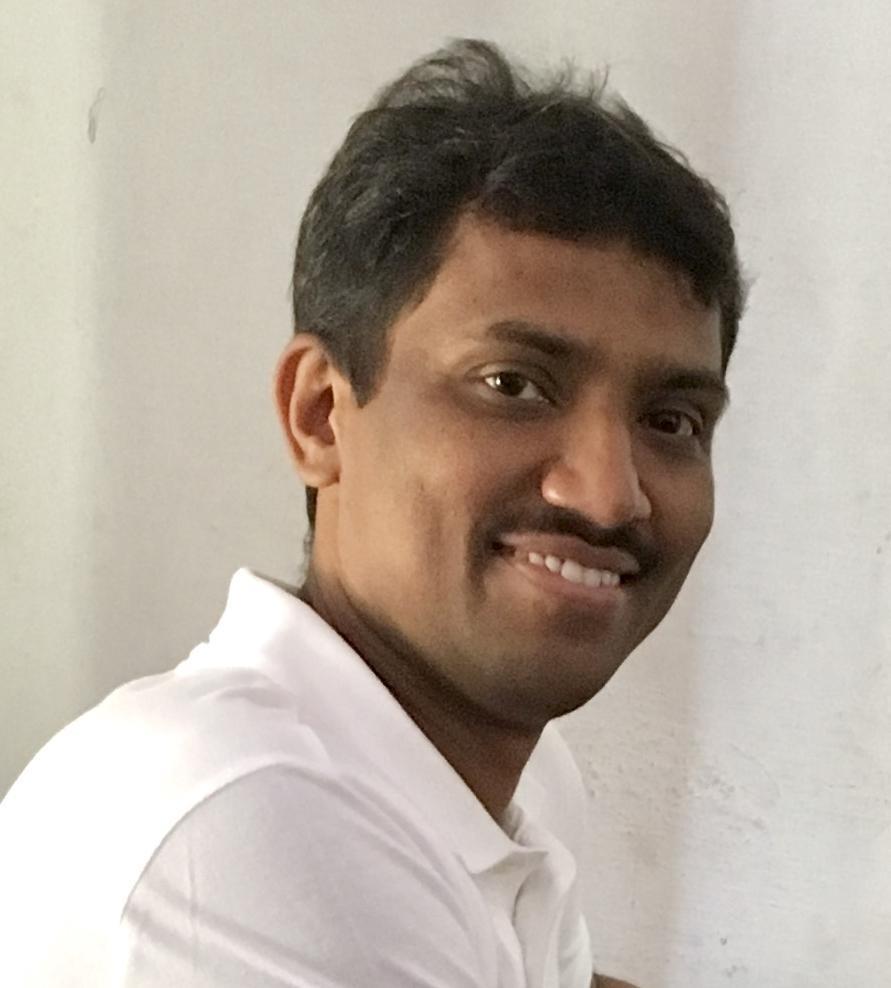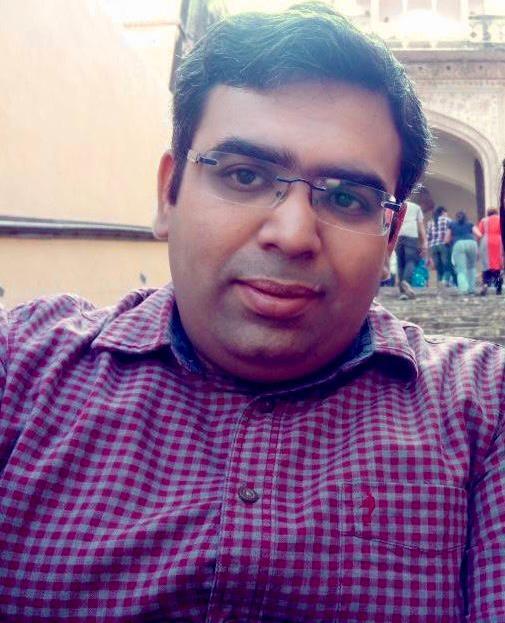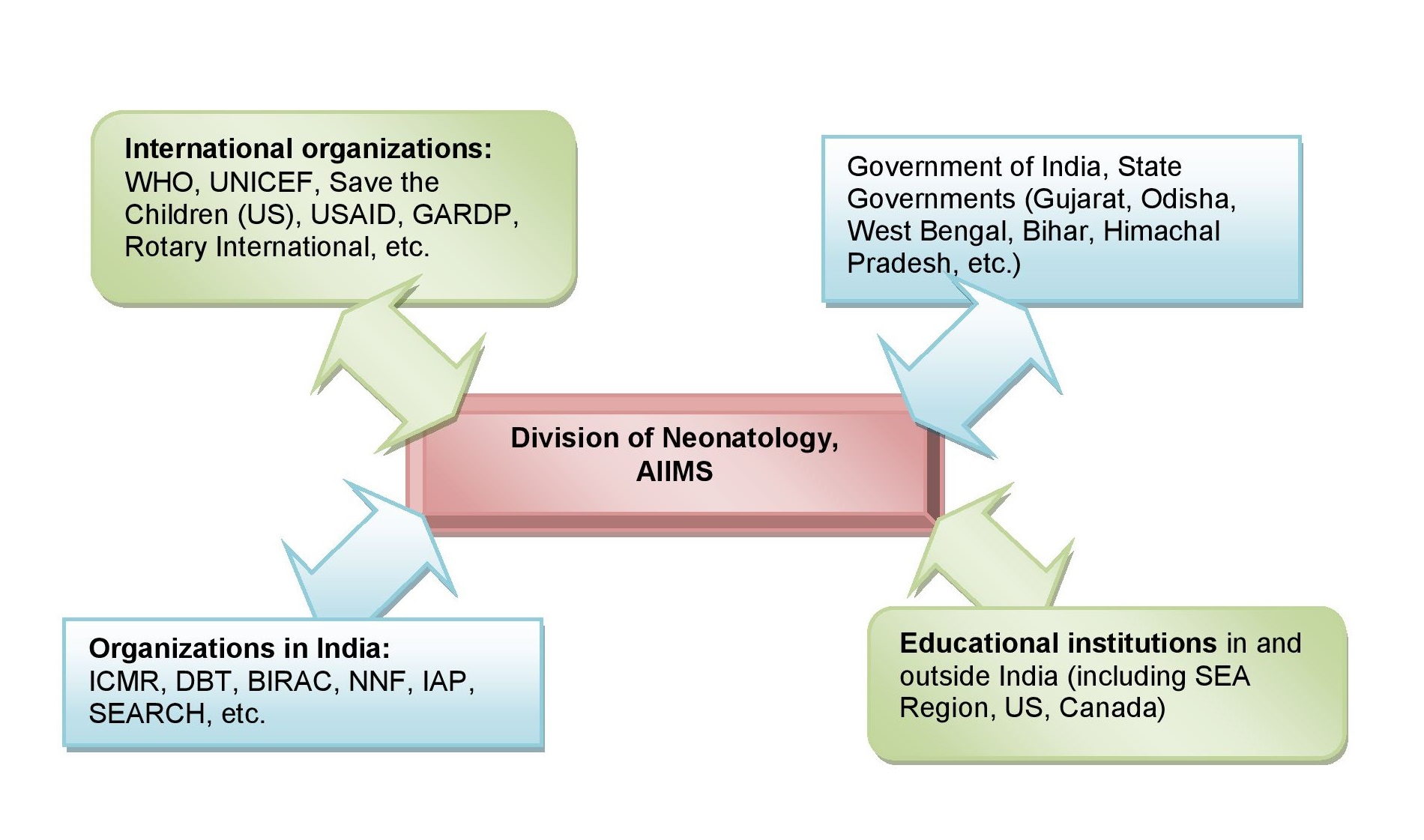
 |
Department of PediatricsAll India Institute of Medical Sciences, New Delhi |
The neonatal division at AIIMS(https://newbornwhocc.org) established in 1962. It has grown into an academic unit of national and international reputation. We caters to about 2500 neonates delivered to high-risk mothers referred from all over the country. Apart from imparting undergraduate and postgraduate training, we run a vibrant post-doctoral course (DM) in neonatology since 1999. The division became the 'WHO Collaborating Centre for Training and Research' in 1997 and is recognized as a 'Centre of Excellence' by the Government of India.
We have contributed immensely to promoting newborn care at the national, regional, and global levels. The faculty weas involved in most policy decisions of the Government of India in newborn health for the last three decades, including RMNCH+A strategy, IMNCI, NavjatShishu Suraksha Karyakaram, Home-based Newborn Care, Maternal and Child Health strategy for RCH II (2005), Facility-based newborn care, Newborn and Child Health Policy 2009, Kangaroo Mother Care (KMC), India Newborn Action Plan, and the Universal Health Coverage program.
The division has steered country- and region-wide training programs in neonatal resuscitation, ventilation, CPAP, KMC, and Quality improvement (https://www.pocqi.org). Online education platforms (www.ontop-in.org) and various e-resources, including mobile phone apps (https://www.youtube.com/c/AD10 ), have trained thousands of healthcare providers in India and beyond.
The unit has been at the forefront of various research activities, including the Young Infant Clinical Signs Study (WHO, Geneva), the 'Neonatal-Perinatal Database (NNPD; ICMR), NNPD–South East Asia Region' (WHO-SEARO), Home-based management of young infants (ICMR), multi-center trial on goat lung surfactant extract (Wellcome Trust, UK), Profile of neonatal sepsis in district hospitals of India(Bill & Melinda Gates Foundation, USA), and the Neonatal Sepsis Program to identify context-specific solutions (Department of Biotechnology).
The division was designated as the ICMR Center for Advanced Research in Neonatal Health (2010-15).
The faculty have conducted or updated more than 60 systematic reviews and synthesized the evidence for critical clinical and public health relevant questions, including the use of universal vitamin K prophylaxis; topical application of chlorhexidine to umbilical cord; what, how, and how much to feed in low-birth-weight neonates; and effects of kangaroo mother care in preterm neonates. The efforts have culminated in formulating 8 global WHO guidelines on newborn health. Also, we have been actively involved in healthcare technology development.
 |
Dr. Ramesh Agarwal, MD, DM Professor and Chief, Division of Neonatology, Department of Pediatrics Office address: Room no 838, 8th Floor, Mother and Child Block, AIIMS, New Delhi- 110029 E-mail: ra.aiims@gmail.com Telephone:011-29576848 Areas of interest: Neonatal sepsis, antimicrobial resistance, quality improvement, healthcare technology development |
 |
Dr. M. Jeeva Sankar, MD, DM Additional Professor, Division of Neonatology, Department of Pediatrics Office address: Room no 818, 8th Floor, Mother and Child Block, AIIMS, New Delhi- 110029 E-mail: jeevasankar@aiims.edu Telephone:011-29576832 Areas of interest: Neonatal sepsis, evidence synthesis for policy making, neonatal nutrition |
 |
Dr. Anu Thukral, MD, DM Additional Professor, Division of Neonatology, Department of Pediatrics office address : NHKC, 1st Floor, New Private Ward, All India Institute of Medical Sciences, Ansari Nagar, New Delhi 110029 E-mail: dranuthukral@gmail.com Telephone: +91 11 26546165 Areas of interest: Education, quality improvement, high risk followup, neonatal nutrition |
 |
Dr. Ankit Verma, MD Associate Professor, Division of Neonatology, Department of Pediatrics Office adress: NHKC, 1st Floor, New Private Ward, All India Institute of Medical Sciences, Ansari Nagar, New Delhi 110029 E-mail id: ankitvmmc@yahoo.co.in Telephone: 011-26596169 Areas of Interest: Neonatal hemodynamics, family-centered care |
 |
Dr. Deepika Kainth, MD, DM Assistant Professor, Division of Neonatology, Department of Pediatrics Office adress: Room no 812, 8th Floor, Mother and Child Block, AIIMS, New Delhi- 110029 E-mail id: aiims.deepika@gmail.com Telephone: 011-29596169 Areas of Interest: Neonatal sepsis, Prematurity, Quality Improvemen |
 |
Dr. Kajal Jain Scientists Office address: NHKC, 1st Floor, New Private Ward, All India Institute of Medical Sciences, Ansari Nagar, New Delhi 110029 E-mail: kajaljain12@gmail.com Telephone: 011-26596164 |
| Current DM students
|
We provide level-4 care to sick neonates, extreme preterm neonates, those with complex disorders, major malformations including complex cardiac defects, congenital diaphragmatic hernia, central nervous system malformations, and limb abnormalities, neonates born to women with Rh isoimmunization and critical illnesses like rheumatic heart disease and chronic kidney diseases, and neonates with inborn errors of metabolism, genetic disorders, and primary immunodeficiencies. Our unit provides multidisciplinary services including neonatal cardiac surgery, therapeutic hypothermia, inhaled nitric oxide therapy.
The unit runs a multidisciplinary high risk follow up program, a comprehensive lactation management center and milk bank and routine screening for hypothyroidism, hearing disorders and pulse oximetry. The unit also provides teleconsultation to the families discharged from the unit.
Our activities include clinical care, education and training, advocacy, research, development and validation of healthcare technology and networking.
The division has a well-equipped 8-bedded level-4 neonatal intensive care unit (NICU), 16-bedded intermediate or step-down unit, and an 8-bedded kangaroo mother care (KMC) unit. It caters to about 2500 neonates delivered every year, most of whom are born to high-risk mothers. The team has achieved remarkable success in improving the survival of high-risk neonates to more than 98% of all live births. A bundle of simple interventions introduced in early 1980s in the unit led to significant reduction in mortality and sepsis (https://pubmed.ncbi.nlm.nih.gov/3235146). The strict asepsis routines and strong antibiotic stewardship program maintained since then has helped us to achieve a low incidence of sepsis and antimicrobial resistance.
A total of 4 faculty, 12 DM Senior Residents, 6 Junior Residents, 67 nurses, and several other supporting staff make up the team. We run two multidisciplinary follow-up clinics for newborn infants – one each for the high-risk neonates and normal neonates, respectively.
In addition to imparting undergraduate and postgraduate training, the division has also been running a post-doctoral course (DM) in neonatology since July 1999. Fellows from the Armed Forces and other medical colleges in the country and abroad have received neonatology training in our unit over the last 20-25 years. The Fellows trained in our unit have gone to different parts of the country and produced academic excellence and emerged as leaders in their region.
We are also actively involved in the pre-service and in-service training of nursing personnel. We developed a training tool on ‘Essential Newborn Nursing’ for resource-restricted countries in 2004 and have updated it in 2008 and 2013.
The division has taken a unique initiative of using e-Learning courses for the healthcare professionals in the SEA region (www.ontop-in.org). The courses offered include ‘Sick newborn care,’‘Newbornnursing,’‘Care for premature,’and CPAP. We have trained about 3000 doctors and 2000 nurses from different countries in the Region. The 18th sick newborn course and the 9thfacility-based nursing course are currently ongoing. We believe in disseminating our learning materials and other resources to healthcare providers and others through our website, www.newbornwhocc.org, which contains clinical protocols, teaching aids in newborn care and videos on kangaroo mother care.
The QI teams have taken multiple QI initiatives since the time of development of the POCQI model. The results were later presented during the AIIMS institute day, clinical grand rounds, international conferences and are now also part of the undergraduate teaching curriculum. Many other centers,including the other AIIMS, JIPMER Puducherry,and PGI Chandigarh, actively collaborate in the QI initiatives. In addition, many departments at AIIMS, New Delhi, are undertaking QI dissertations and theses. We encourage young faculty members from different institutes to undertake a pivotal role in leading the quality improvement projects and become champions to spread awareness among their peers and students.
Recently, the division has developed a multimodal package on ‘Care of Preterm Neonates’ as a part of the Quality Improvement (QI) initiative on retinopathy of prematurity (ROP); www.pretermcare-eliminatingrop.com ) in four states in India, which has been validated in ToT workshops.Apps on mobile phones(on android as ‘AIIMS WHOCC PTC’ and iOS as ‘Preterm care’) have been created. More than 8000 professionals have downloaded the apps and earned completion certificates.
We are at the forefront of various research activities conducted in India in neonatal and perinatal health. The research activities include numerous multi-site studies and dissertations by the residents of the division. Our focus areas include neonatal sepsis, AMR, quality improvement, neonatal mortality.
The faculty have conducted or updated more than 60 systematic reviews and synthesized the evidence for critical clinical and public health relevant questions, including the following:
1. Use of universal vitamin K prophylaxis in neonatesThe efforts have culminated in formulating 8 global WHO guidelines on newborn health. The faculty are also involved in evidence synthesis for the Clinical Practice Guidelines (CPG) by the National Neonatology Forum of India.
Our division has contributed immensely to promoting newborn health at the national and international levels. We have worked closely with the Government of India, several state governments, including that of Gujarat, Madhya Pradesh, Haryana, Himachal Pradesh, and West Bengal, the Indian Council of Medical Research (ICMR), National Neonatology Forum (NNF), the Indian Academy of Pediatrics, various nursing and medical colleges across the country, and NGOs. It is an honor to help improve newborn health in DPR Korea, Nepal, Bangladesh, Sri Lanka, East Timor, Maldives, Indonesia, Pakistan, and Bhutan. We have also been involved in training and operationalization initiatives in newborn health in various states, including Odisha, West Bengal, Madhya Pradesh, and Gujarat.
The neonatology faculty has been actively involved in developing indigenous, affordable, and effective technology for the care of sick and small babies in partnership with the School of International Biodesign, IIT, Delhi, Department of Biotechnology and Industry. Our division developed and helped to validate the healthcare technology for the following: neonatal resuscitation equipment (https://www.phoenixmedicalsystems.com/infant-care/respiratory/neobreathe/), newborn hearing device (https://sohumforall.com/hearing-screening/), KMC Jacket, meconium connector, and protective suits for health workers involved in the management of COVID-19.
The broad research areas of the division are depicted below:
● Neonatal sepsisThe division has been networking with the following agencies and institutions:

The division has collaborated with the union and state governments to develop and implement different national health programs. The faculty have been instrumental in formulating the child health component of the RCH-2 program and the India Newborn Action Plan (INAP) of the National Health Mission. They are represented in several expert committees of the government of India.
The faculty have contributed significantly to most policy decisions of the government in child health in the past 20 years: RMNCH+A strategy, IMNCI, ARI guidelines, NavjatShishu Suraksha Karyakaram, treating sepsis at the community level, Home-based Newborn Care, Facility-based newborn care, Diarrhea Control program (2014), Newborn and Child Health Policy 2009, Kangaroo Mother Care, Norway-India Partnership Initiative (NIPI) on child health (2007), India Newborn Action Plan, India’s Universal Health Coverage program, Guidelines for management of Covid in Children & Adolescent 2021 & revised Jan 22 for Task Force, Ministry of Health, Government of India. They have also contributed to the Global Strategy for Women’s and Children’s Health formulated by the UN Secretary General, the UN blueprint for MDGs 4 and 5.